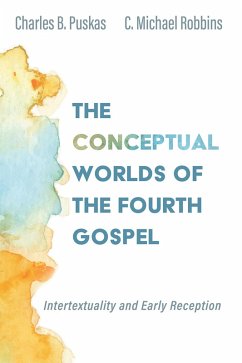There are four major periods in church history:
the First Millennium (to the 11th century)
the Middle Ages (to the 16th century)
the Reformation (to the 18th century)
the Modern Church to the present day).
The following chapters deal with the most amazing of those periods, the first 1000 years, with some intrusions into the second period, followed by a brief survey of the following millennium. I have chosen to concentrate on the first ten centuries, (a) because most people are almost totally ignorant of what happened during those years; and (b) because the story they tell must surely be the world's most dramatic tale. The adventures of the new church ran the gamut of human experience, rising and falling between lofty nobility and squalid ignominy. Here we see a people collapsing from grandeur into disgrace, or rising from basest cowardice to incredible bravery. Here we find chronicles of love and hate, laughter and tears, triumph and defeat, vice and virtue, greed and generosity, failure and success. The finest and the foulest of human behavior lie in the annals of the church; but in the end love and grace prevail, and Christ gains honour from his people. The word of the apostle is fulfilled -
"Unto God be glory in the church and in Jesus Christ, throughout every generation, and for ever and ever! Amen!" (Ep 3:21).
Dieser Download kann aus rechtlichen Gründen nur mit Rechnungsadresse in A, B, CY, CZ, D, DK, EW, E, FIN, F, GR, H, IRL, I, LT, L, LR, M, NL, PL, P, R, S, SLO, SK ausgeliefert werden.









